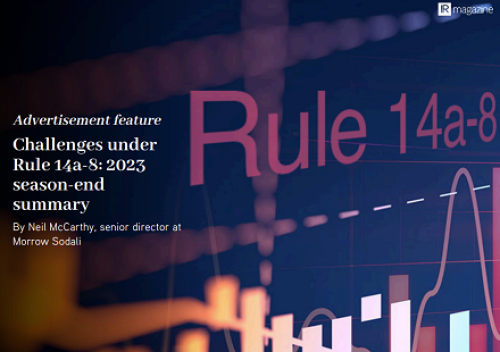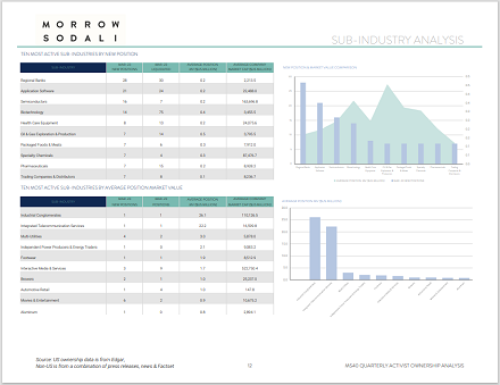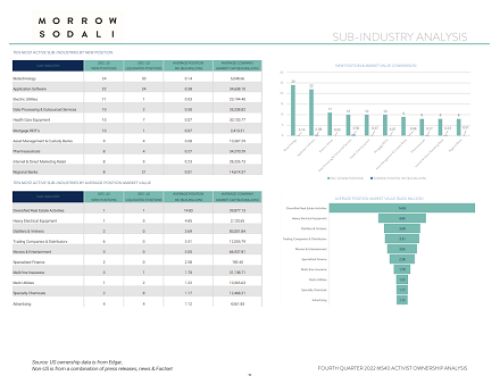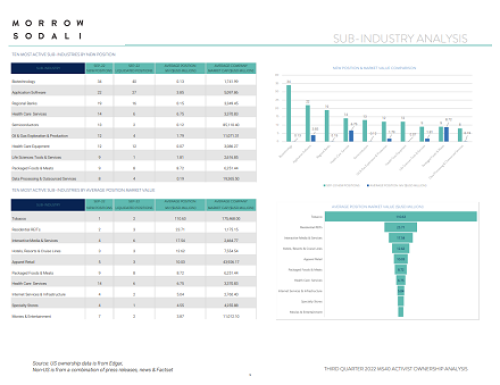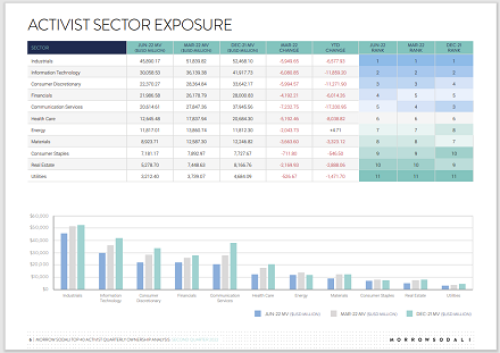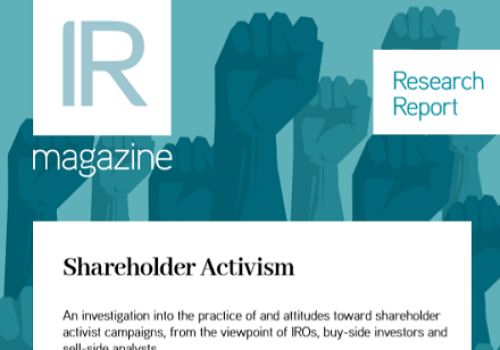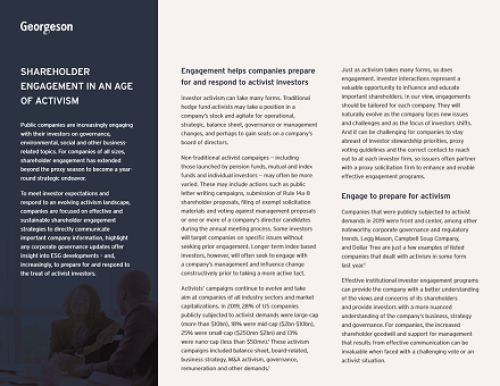Japanese firms might have expected a breather from shareholder activism in 2020. Given the devastating impact of Covid-19, businesses arguably have less room to meet activist demands on returning cash to shareholders or instigating governance reforms.
Activity has not let up, however. The first half of 2020 saw a new high of 23 shareholder proposals submitted by activists, according to IR Japan, an investor relations consultancy. ‘I don’t get the sense things are slowing at all,’ says Benjamin Adams, managing director at the company.
‘We found that Covid-19 has not significantly reduced the number of activist cases in Japan this year,’ says Lucas Scheer, president at LS Global Advisors, which worked with more than 100 issuers during June’s AGM season. ‘Corporate Japan’s fear of shareholder activism has never been greater.’
Activist Abe
The growth of shareholder activism in Japan can be traced back to former prime minister Shinzo Abe’s election in 2012. Once in power, he introduced a series of measures designed to kick-start the country’s stagnant economy. These measures focused on three ‘arrows’: monetary policy, fiscal stimulus and structural reforms.
The third arrow included a shake-up of corporate Japan. In 2014 Abe introduced a stewardship code, followed by a corporate governance code the following year (both have since been revised). The changes encouraged companies to improve balance sheets, shake up boards and sell cross-holdings, among other actions. Japan’s huge Government Pension Investment Fund added to the pressure, backing the new guidelines while also significantly upping its equity allocation.
Sensing an opportunity, shareholder activists turned their focus on Japan: the number of companies targeted publicly each year grew from 15 in 2014 to 65 in 2019, according to Activist Insight, a data and analysis firm.
The perception of activism in Japan, especially among the business media, changed dramatically during Abe’s premiership, explains Jochen Legewie, Asia chairman for Kekst CNC, who has headed the firm’s Tokyo office since 2004. ‘Core business media outlets such as Nikkei have very much embraced activism,’ he says. ‘But they make a strong distinction between constructive activists and pushy, purely short-term-oriented funds.’
In this new environment, companies can no longer treat all activists as a negative influence. Such behavior could give the impression they are resistant to change, which would not go down well with financial media or institutional investors, says Legewie. Underlining the shift in attitudes, last year Olympus offered a board seat to ValueAct partner Rob Hale – a highly unusual move for a Japanese business, and a first for a major listed firm.
This is an extract from an article that appeared in the Fall 2020 issue of IR Magazine. To continue reading, click here to open the full digital edition of IR Magazine

